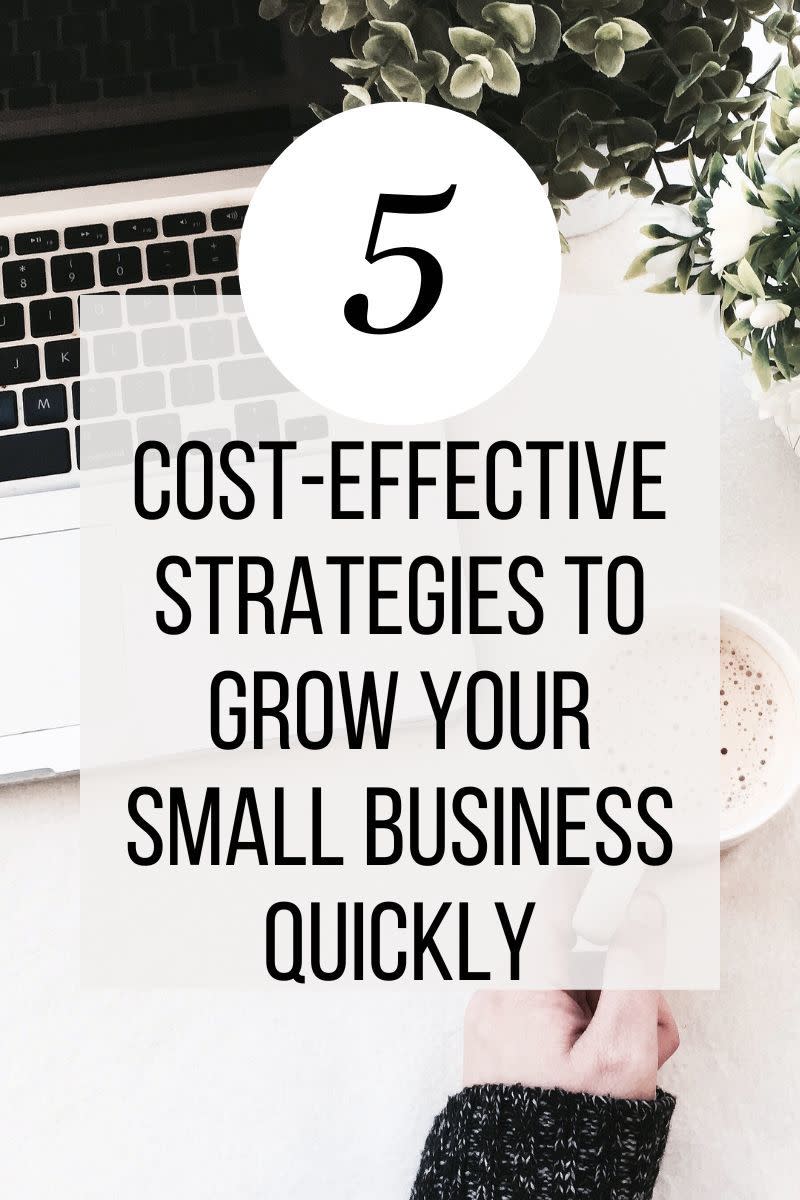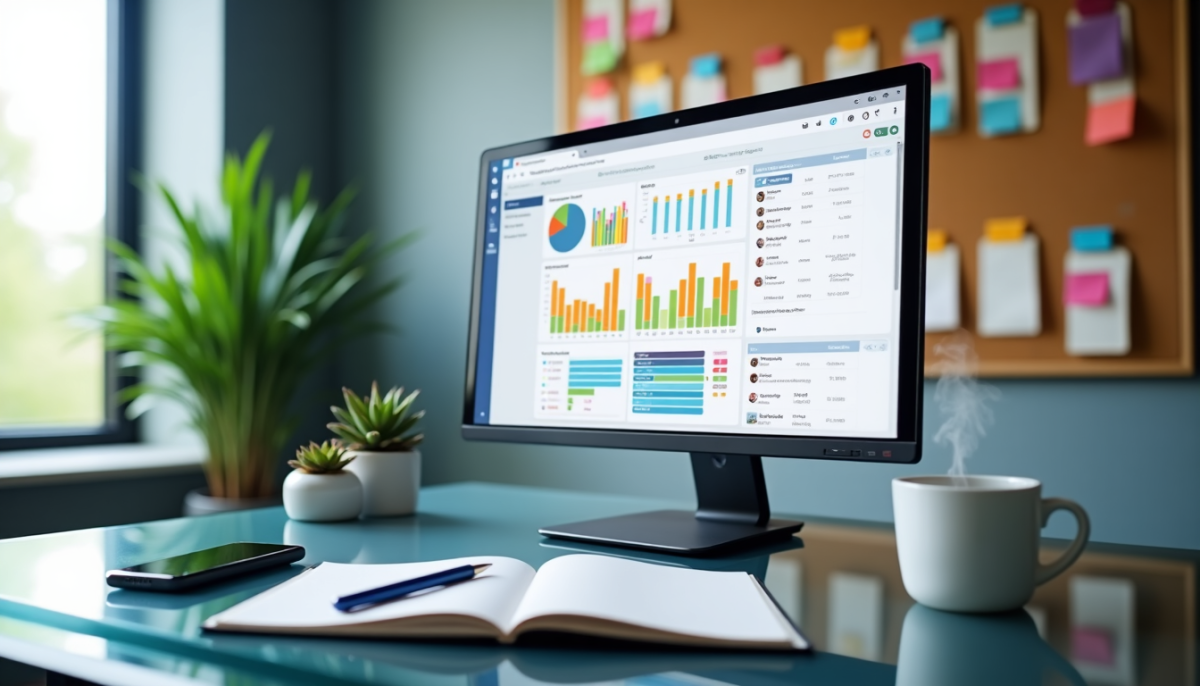Things to Consider Before Starting a Small Business

There is almost nothing more American than starting your own small business. It takes guts and courage to do it. The idea of going out on your own and running your own business is an attractive one. Small businesses help to make this country great, because anybody can start one and take a chance at achieving the American Dream. When I was growing up, I always said that I would like to start my own business someday. My dream came true when my wife and I started a custom invitation business that specializes in wedding invitations called Design Studio Creations. One of the benefits to doing this is that it allowed her to stay home and take care of our kids. It has worked out great for us so far. However, there are some things that need to be considered before starting a small business.
Have you ever thought about opening your own business?
Why do so Many Small Businesses Fail?
When thinking about starting a small business, it is a good idea to consider why so many small businesses fail within a few years of opening. The first year failure rate is 85%, which is a scary number. The failure rate improves to 70% fail in the second year. The failure rate does improve slightly each year a business is open, but is still at or above 50% through five years. Let us look at the three main reasons that businesses fail.
Lack of Working Capital
The biggest reason that businesses fail is a lack of working capital. It is critical to have a workable cushion of cash on hand to be able to run the business’ day-to-day operations. Cash goes out to pay for salaries, benefits, inventory, supplies, taxes, and in product/services sold where the customer has yet to pay. It is important to learn how to manage your working capital by limiting your inventory, collecting your receivables as quickly as possible, stretching your outgoing payments out as far as you can, and limiting unnecessary expenses.
Lack of Experience
Another big reason why businesses fail is a lack of experience. To be successful you have to know the ins and outs of your business. The best advice that I have heard in this regard came from the late Larry Burkett, who started Crown Financials Ministries. He said that before starting a business in a given industry, you should spend at least five years in the industry learning as much as you can about it. I think that is great advice because there is so much information that you have to know. My wife had a friend help her to understand how to set pricing and what to include in customer contracts. The advantage that we had is that the custom invitation business is fairly simple to learn.
Location, Location, Location
Location can make or break a business no matter how good of an idea that you have especially for stores and restaurants. Location is a little less important for a manufacturing facility, but is still important because you still need to get raw materials to your plant and your goods shipped out. Also, the location of key suppliers and customers, may affect where you want to locate your plant. State and local taxes and regulations can also effect where you want to locate your business because they can add additional cost to your business.
Time Commitment
The biggest surprise people have when they start a small business is the grueling amount of hours that you need to put in to be successful. You are responsible for that business 24 hours a day, 7 days a week. Running a business takes a lot of hard work. If you are planning to start a business, this is something that needs to be discussed with your spouse or significant other. For my wife and I, it works out because we are working on the business together. She takes care of the day-to-day operations and I take care of the financial side.
Risk
Another one of the biggest things to consider is the risk of losing all of the resources that you put into the business. Let us face it, starting a business is a huge risk. There are no guarantees. This is an area that goes right along with time commitment because during the slow times, both risk and the time you spend at the business significantly increases. One way to reduce your risk level is to run your business as debt free as possible to limit any potential losses.
Business Knowledge
How well do you understand how a business runs? This is different than a lack of industry experience. You can have all of that and still not know how to run a business. Running a successful business entails knowing how to manage customer relationships, who your market is, managing cash on hand, knowing how to interpret financial results, and more. A business plan will help you with some of this. Another option to increase your business savvy is to talk to other people who are more experienced than you are. See what advice that they can give you. It may be a good idea to take a few business and accounting classes to help you on the financial side. Also, taking a few management classes is a great idea if you have not been in management before. If you can afford it, it also may pay to hire experienced people to help you.
Business Plan Checklist for Starting a New Business
Business Overview
| Industry/Market
| Fiances
|
|---|---|---|
Executive Summary
| Product/Service
| Financial Plan
|
Company Description
| Market Analysis
| |
Management Team
| Strategy and Implementation
|
Spend the time on each step and plan thoroughly.
Business Plan
A critical thing to consider doing is a business plan. If you are planning on borrowing money for your business you will be required to do one anyone. I think it is a must because it helps you to thoroughly plan your business startup. It will also help you to determine if your business will have a chance at succeeding based on what you are planning to do. It will allow you to make adjustments before putting any money at risk. Below is a brief overview of some of the things in a business plan.
Decide on What Products or Services to Offer
The first step in creating a business plan is to determine what products you are going to sell or what services that you are planning to offer. Does your product or service meet a need for someone? Is your product or service seasonal? How will your product or service fair during slow economic times? These are important questions to ask and to determine the answer to.
Potential Markets to Target
This is a critical step to determine who your customers are going to be. Figure out how and where you will market your product or service to best hit your target market. Also, this is a good place to take a look at who your competitors will be. Determine what a competitive selling price for your product or service will be. Remember that you will need to factor your overhead costs into your price whether you are selling a product or a service.
Legal Form of Business Organization
You will need to determine what legal form to make your business. You can choose from being a sole proprietorship, a partnership, a limited liability corporation (LLC), a S corporation, or a corporation. Each type has their advantages and drawbacks. My advice is to sit down with a tax advisor to see what type of business form makes the most sense.
Start up Costs
Before starting a business, you need to determine what your startup costs will be. Examples of start up costs include a building lease security deposit, initial business card purchase, business licenses, computer hardware and software, utility deposits, initial advertising costs, website cost, machinery and equipment, signs, credit card machine, loan fees, cash to run the business, accounting/legal fees, and more. It is important to be as accurate as possible determining these costs so that you can make sure that you will have enough cash on hand to effectively run your business. One of our startup costs was the cost of converting a spare bedroom into a home office for my wife to work out of.
Budget, Cash Flow, and Break Even Point Analysis
These three could easily be broken into three different steps. Most banks will want to see a budget plan for at least a few years. This needs to be done in detail and it must be defensible. A cash flow will tell you how much cash came in and out of the business during a given period. A cash flow will also help you to know how much money that you will need to find the business with whether from personal accounts or borrowing. Managing this correctly will help to enable you to keep your business cash positive. Finally, a break-even analysis is exactly what it sounds like. It will tell you at point your will be projected to make more than all of your expenses life-to-date.
Other Helpful Business Resources
- Invoice Sample
Starting a business is difficult. Save money by creating your own invoice template and customize it as needed. Here is an easy to follow guide. - About Internal Controls of Accounting
Strong internal controls of accounting can be the difference between success in business and bankruptcy. Their importance cannot be stressed enough. - How to Create a Checkbook Register in Excel
Keeping track of your checking account activity does not have to be boring. Follow these easy to follow steps to create your own checkbook register. - Customizing Microsoft Excel
Microsoft Excel offers many different customization options. Adding common commands to the Ribbon will make you more efficient.
Government Red Tape
When you start a business there are different levels of red tape that you must go through. After you choose what business form that you want to use, you must register your business with the IRS. Also, each state and local government has their own requirements and fees that must be paid. If you plan to have a manufacturing plant, you will need to obtain the proper permits for that also. In Illinois, you have to file with the state and with the local county. For the state we had to register our business and also set up our sales tax account. For the county, we had to run three ads in the local paper to make sure that nobody had a claim on Design Studio Creations. In some communities you will also need to file for a business license. Depending on the complexity of your business setup, it may be necessary to have a CPA help you on the tax side of things and possibly on the book side. The income tax and business tax codes are very complex. This is one of the reasons that I find the “you did not build that” statement by President Obama so offensive and naïve. From a guy that has never worked in the private sector or ran a business to say something so stupid just amazes me. Business owners are the ones that put their blood, sweat, and tears into building their businesses. They are responsible for their success, not the government. The company that I currently work for used to be privately owned by several different partners. They all worked very hard and in the bad times you could see the stress that they were under. If they had failed, they were not only letting their families down, but the families of all of their employees. At times, they had to make personal sacrifices and defer their salaries to keep the business running. Class warfare arguments are offensive when you see people like the former owners of my company struggling to keep their business running during economic down turns and being told they do not pay their fair share. When a tax increase will either cause them to lay people off because of a tight cash flow or may even push them under. The thing that is so easily forgotten is that jobs are not created by poor people. The great think about this country is that we all have a chance to succeed and become wealthy. Many times it comes down to the choices that we make, whether to go to college or not, whether we are willing to put in extra hours even if it means no more pay. We should celebrate success, not punish it. That is a big part of the reason that we have not seen a strong recovery.
Other Tips on how to Start a Small Business
The other advice that I would give is that you may start one type of business, but be flexible to change what you do depending on market conditions. Plan ahead and be sure to have a rainy day fund. Recessions will come, be sure that you have enough cash on hand to survive. Try to develop a broad enough customer base in different market segments to try and recession-proof your business. Also, it is important to control the growth of your business so that you do not out grow your capital.
It is important to remember that small business plans primarily fail because of a lack of capital, experience, and a poor location. Owning your own small business can be very rewarding. It is important to do the hard work up front and to be well prepared.








